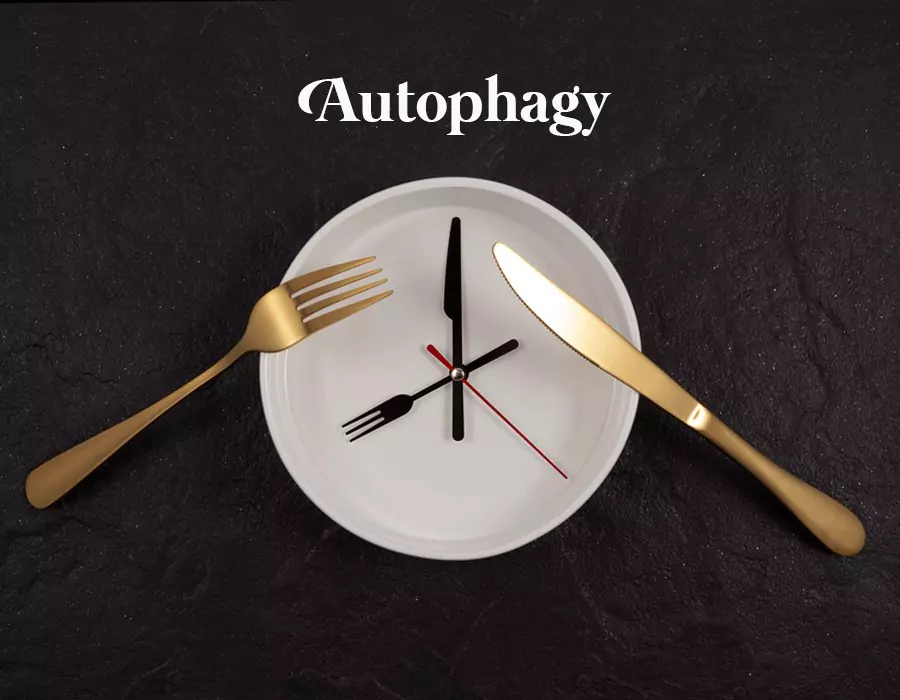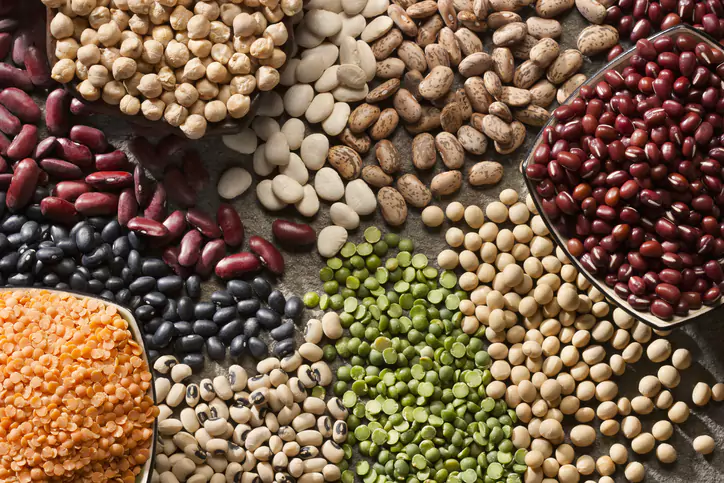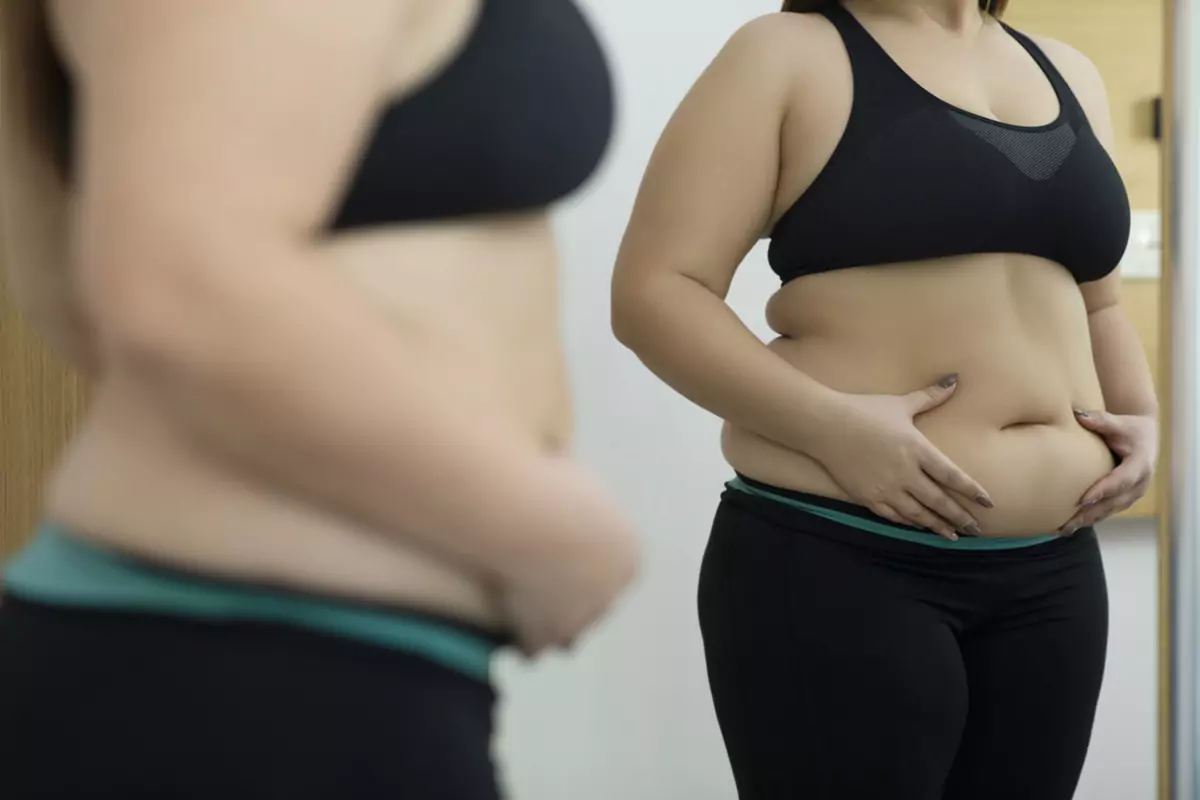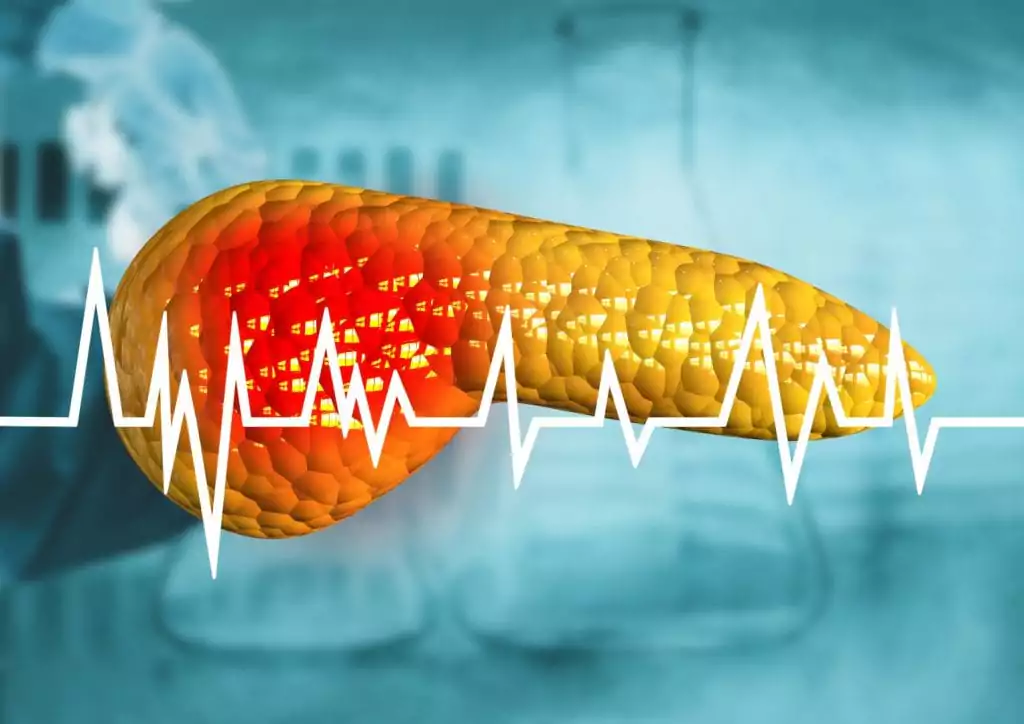
UP TO 40% OFF SITEWIDE






Autophagy: Amazing Benefits for Diabetics and Prediabetics!


Best Way to Reverse Diabetes: Induce Autophagy In Your Body
What is really happening in your body when you fast or exercise, and even better if you do both? The short answer is autophagy. It sounds like a big word, and yes, it is something big and important to understand.
You may have heard about autophagy, meaning the body eating itself. That sounds gross, but if you heard about intermittent fasting in my previous videos or blogs, you may have heard me mention autophagy as an important function of the body to rejuvenate. Today we are diving deeper into this because it is "important" to know, especially for people with diabetes, insulin resistance, or even weight issues.
Today we will talk about what autophagy is, why it is so important and how we can induce autophagy to make it work to our advantage so that we can beat diabetes, obesity, and insulin resistance altogether.
Yes, diabetes is a disease of many hormones. It is not just an insulin problem like some youtube videos or articles claim. In the coming decades, diabetes will be the top cause of death after cancer around the world if the trajectory does not change. The main causes of diabetes are cell damage and problems with energy metabolism, which can lead to horrible diabetic complications.
Recent studies have shown that autophagy plays a big part in diabetes and its complications. As it has been found out, autophagy helps pancreatic cells and insulin’s target tissues like skeletal muscle, liver, and fat cells work better in harmony.
What is autophagy?
Your body eats itself every day. Yeah, that might sound weird, but it's a process that starts the moment we're born. It's not as painful or weird as you might think. When your body does it, you don't even know about it. Autophagy is a bodily process that removes old or damaged cells from your body and encourages the growth of new healthy cells.
Autophagy is an important process for diabetics and non-diabetics that helps your body stay healthy and live longer. To find out how to boost autophagy or how intermittent fasting and autophagy work together, stay with me.
Autophagy is a process in which the body breaks down and removes waste from itself. It is like taking your trash out. It has to be done right?
The word "autophagy" comes from the Greek words "auto," which means "self," and "phagy," which means to eat. Together, the names mean "eat the self." Lucky for you, you don't have to worry about your skin or tissue, but about microscopic cells. There are 30 to 40 trillion different cells in your body that do many different things.
They can be damaged by things like general wear and tear infections, and inflammation, especially inflammatory foods like French fries, baked goods sold in stores, chips, etc. Beta cells, which are insulin-producing cells, are very susceptible to inflammation in the body, which explains why processed meats and processed foods dramatically increase the risk of diabetes.
Anyhow, the parts that make up these beta cells can also be damaged. When this happens, organelles called lysosomes to look for areas that have been damaged, try to salvage what they can, and break down the rest of the cell to reuse it. Recycled materials can then be used to make new cells or give energy to cells that are already there.
Both fasting and exercise can induce autophagy. Which one is better? You will find that out in this blog post.
Let's talk about a little history with a story. Knowing the history helps you understand the context better.
Autophagy has been taking place in humans for a long time, but the process has only recently been discovered. A Belgian biochemist started a study in 1963 that looked into how insulin affects the liver. In the course of his studies, he came across a process that had never been seen before. He found that some cells used organelles called lysosomes to eat parts of their structure.
In 1974, Chris De Duve won the Nobel Prize in Physiology or Medicine, which made people more interested in autophagy and how it could help the body. Then, in 1983, a Japanese biologist named Yoshinori Ohsumi found out which genes control the process of autophagy.
Ohsumi found out that these genes are what make cells go through the process of autophagy. Without them, cells would not be able to repair themselves. It led to his own Nobel Prize in 2016 and a Breakthrough Prize in Life Sciences in 2017, both of which he won in 2017.
Is Autophagy Good For You?
There are many health benefits to autophagy. For one thing, the recycling of old, damaged, or sick cells cuts down on the risk of cancer because they can be used again. Toxins can build up in a damaged cell, so the autophagy process removes harmful material and stops infected cells from multiplying.
When your cells start the process of autophagy, they go into a "safety mode." So, instead of taking in energy, they use damaged or broken cell parts to make their energy. It's during this time of conservation that cells become more resistant to disease and other types of stress in the body.
Autophagy also has other benefits, like:
It removes damaged parts of the cell to protect against disease and, in theory, extends the life span of the cell.
Neurodegeneration, or damage to brain cells, is the main cause of mental illness. Protecting your mental health is important because it helps keep your brain healthy. It recycles healthy parts of your cells and makes new ones to make up for the damage caused by neurodegeneration. This helps you avoid getting psychiatric or neurologic diseases.
For example, the buildup of abnormal proteins is what causes neurodegenerative diseases, such as Alzheimer's, Parkinson's, and Huntington's, to happen. Autophagy stops these proteins from building up in your brain by breaking them down and getting rid of them.
Autophagy is a process that removes foreign and damaged parts from your cells, like bacteria or toxins that cause disease. By getting rid of these toxins, the process can keep diseases like tuberculosis and HIV from multiplying and spreading in your body, which can keep you from getting them.
How To Induce Autophagy?
Autophagy happens all the time, but there are ways to start or enhance the process. You can boost autophagy through exercise or fasting. As a general rule, you need to starve your cells of energy. So how you want to do it depends on you. If you exercise and eat right after, you will not get the autophagy benefit you are looking for! Let's talk a little deeper about this.
By alternately fasting and exercise your body helps your body grow new cells by making a protein called mTOR. This protein works with insulin to make new cells. Insulin is released when your body gets enough food, which makes your cells grow.
At a time when you don't eat or don't eat very much, your body runs out of carbohydrates and your insulin levels go down. AMPK is a protein that your body makes. It is called AMP-activated protein kinase, or AMPK. After you work out, a protein that looks like AMPK is released to get rid of cells that have been damaged by microtears in your muscles.
This protein tells your body that it doesn't have enough energy sources, which means it needs to get more. Your body then starts to repair damaged cells and break down old cells for food. This process is called autophagy.
You will not get autophagy if you are fed, because then your body won't have to break down old cells for energy. To induce autophagy, you have to stay in a fasting state even after exercise, at least for a few more hours.
People who eat "irregularly" achieve autophagy.
Besides exercising or cutting back on food, intermittent fasting is one of the best ways to make your body start to get rid of things. However, waiting just a few hours between meals does not mean that you can start autophagy right away. Your body needs a 14- to 16-hour fast to get into this phase. For those who can't fast that long, I think exercise is a good way to need less fasting time. If you exercise, you can induce autophagy with 12–16 hours of fasting instead of the 16–18 hours needed typically.
A study of autophagy and fasting found that short-term fasting periods of 24 hours led to a big rise in the number of cells that were going through autophagy. For autophagy, you might benefit from a 2-day fast if you've done a lot of long-term fasting before and can handle longer fasting periods.
Following a 2-day fast can help the body fight disease and slow aging. This increases the body's rate of autophagy, which helps remove waste from the body. A more realistic 16:8 fast may be the best place to start because autophagy starts much earlier than that. If you are on insulin or sulfonylurea drugs, you need to consult with your doctor before starting any fasting regimen.
Does Autophagy Cause Weight Loss?
As a result, autophagy usually doesn't help people lose weight directly, but if you're fasting, exercising, or doing both to make your body break down food, you will naturally lose weight as a result. Even if you did not lose too much weight or you do not need to lose weight necessarily, the process can still remove and repair cells that no longer do their job well, which can make metabolic processes run more smoothly.
If you want to lose weight, you'll usually try things like intermittent fasting and cutting back on carbs, which can help with autophagy in an indirect way. However, healthy carbohydrates such as fruits and vegetables are important nutrients and should not be cut out for long periods of time, even with diabetes. Do you want to cut carbs? Cut the pasta, potatoes, and bread. You can have the rest, my friend!
Is Fasting For a Long Time Safe For Diabetics?
Extended fasting and intermittent fasting are both good ways to lose weight, balance your hormones, and make your body break down old, unhealthy food. However, it is important to follow safety rules when you start these protocols.
Even if you don't eat or drink for a long time, drink a lot of water to stay hydrated. Up to 30% of the water your body needs comes from the food you eat, so it's important to get back the water you lost while fasting.
If you decide to go on a long-term fast, electrolyte levels are important, so pay attention to how much water you drink. These are just a few of the electrolytes your body needs to stay alert and healthy. Sodium, magnesium, calcium, and potassium are just some of them.
Because most of these electrolytes come from the food you eat, it's important to take a supplement to make up for them. There may be headaches or dizziness if you don't. Check out our Diavitamin on our website. It has everything you will need with or without fasting, especially if you have diabetes and or insulin resistance.
If you haven't fasted before and don't know how to fast, you should start small. Consider starting with a 12 hour fast, then a 16-hour fast for autophagy, or a 16:8 fasting plan. If you're more experienced, you can go on a 40-hour fast for autophagy. Make sure to stay hydrated the whole time, though.
For those who are on insulin and/or sulphonylureas, they have to be super careful as fasting can induce low blood sugar. Talk to your doctor about adjusting your medications if you are planning on going on an intermittent fasting or exercise regimen or both.
The bottom line, you can make your body feel new with autophagy.
Normally, your cells go through the process of autophagy, but you can speed it up to get more of the good things that happen. If you follow an intermittent fasting plan or work out, you can get your body back in shape, improve your longevity, and start on the road to wellness.
Dr. Ahmet Ergin
Endocrinologist
Written By Dr. Ahmet Ergin
465 total articles
Meet Dr. Ahmet Ergin, a highly skilled and dedicated endocrinologist with a passion for diabetes care. Dr. Ergin earned his medical degree with honors from Marmara University in Istanbul. He completed internal medicine residency and endocrinology fellowship at Cleveland Clinic. Dr. Ergin is board-certified in Internal Medicine, Endocrinology, Diabetes, and Metabolism due to his vast medical expertise. He's a certified diabetes educator, author of “The Ultimate Diabetes Book,” and founder of “the SugarMD YouTube channel.” Dr. Ergin offers exceptional diabetes care to his patients in Port Saint Lucie, FL, helping them manage effectively. For a closer look into his insights and experiences, connect with Dr. Ahmet Ergin on LinkedIn, Instagram, and YouTube.”
Disclaimer: These statements have not been evaluated by the Food and Drug Administration. Information on this website isn't intended to treat, cure or prevent any disease. Discuss with your doctor and do not self-treat.
Products











